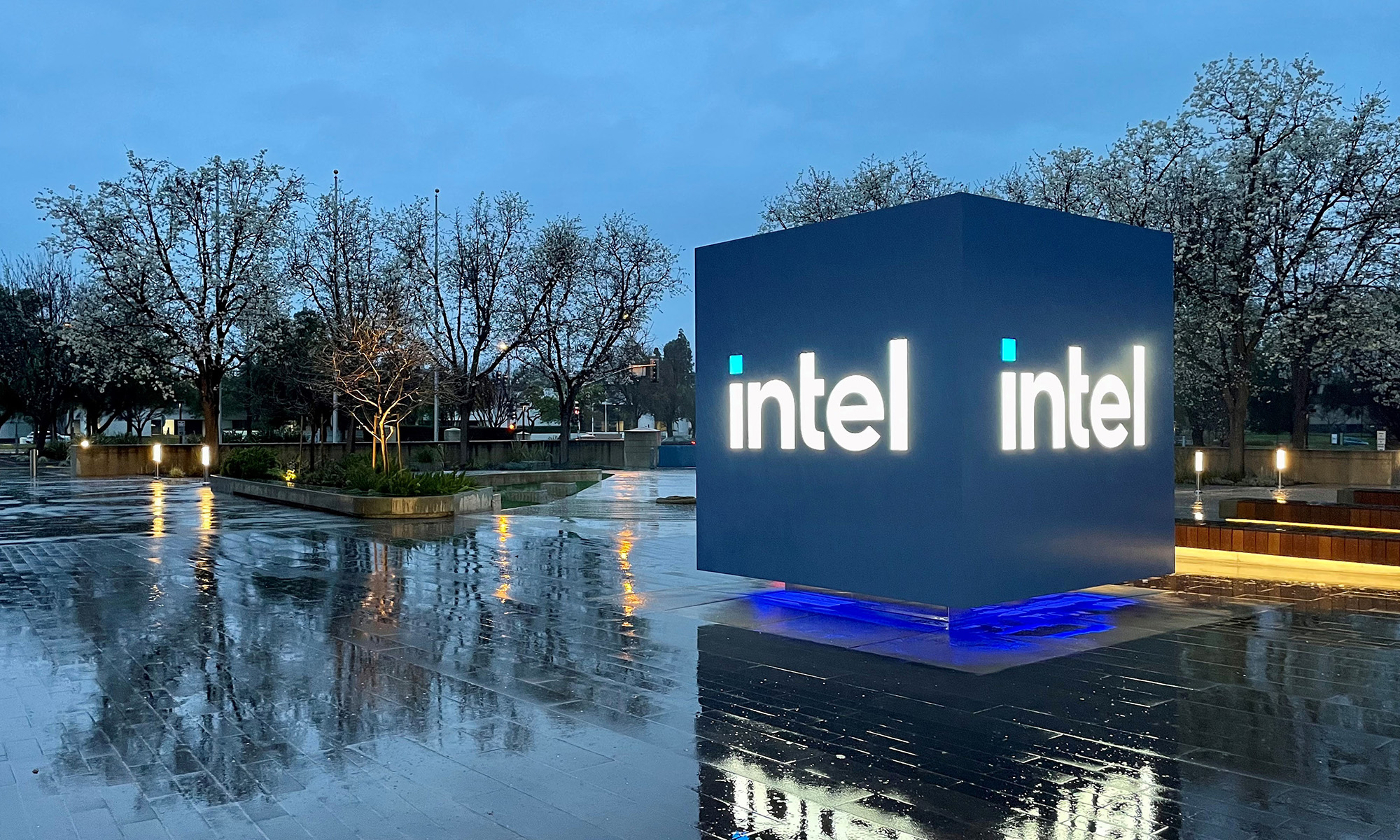Thiel’s Gambit: Apples and the Tesla Mirage

One might ask, what dark portents does this signify? Is it a premonition of Tesla’s inevitable descent from its lofty perch? Or simply a man, weary of chasing phantom valuations, seeking the comforting solidity of a company that, at least, knows how to make something tangible? The answer, as always, is likely a blend of both, seasoned with a dash of pure, unadulterated human folly.







